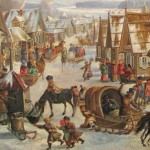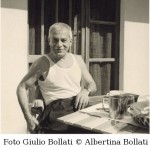
di Enrico Terrinoni | La traduzione di De Angelis del capolavoro di Joyce resta un classico della cultura italiana del secondo Novecento. Ma ogni opera, soprattutto un capolavoro, si presta per sua natura a più versioni, anche grazie – in questo caso – ai nuovi apporti interpretativi forniti dalla critica in questi cinquant’anni.



